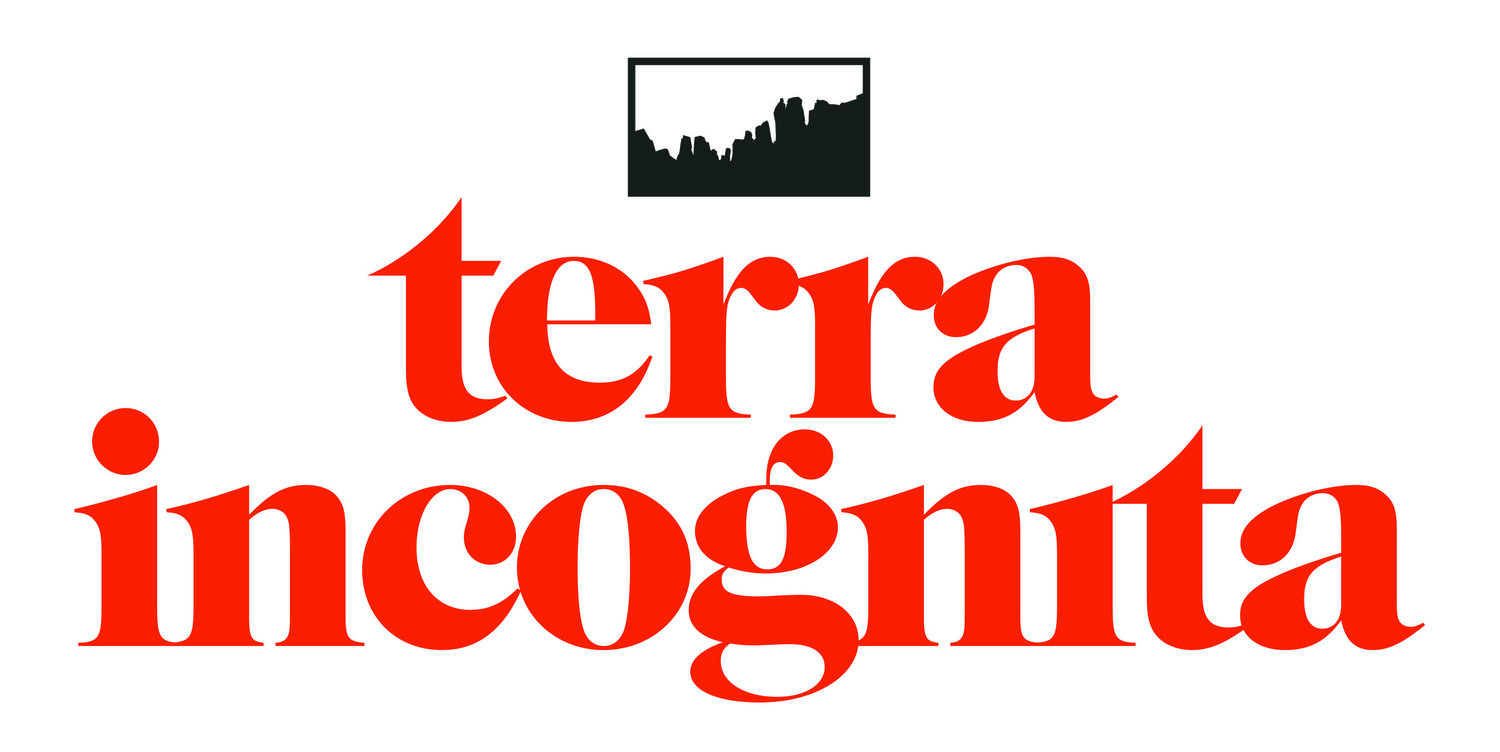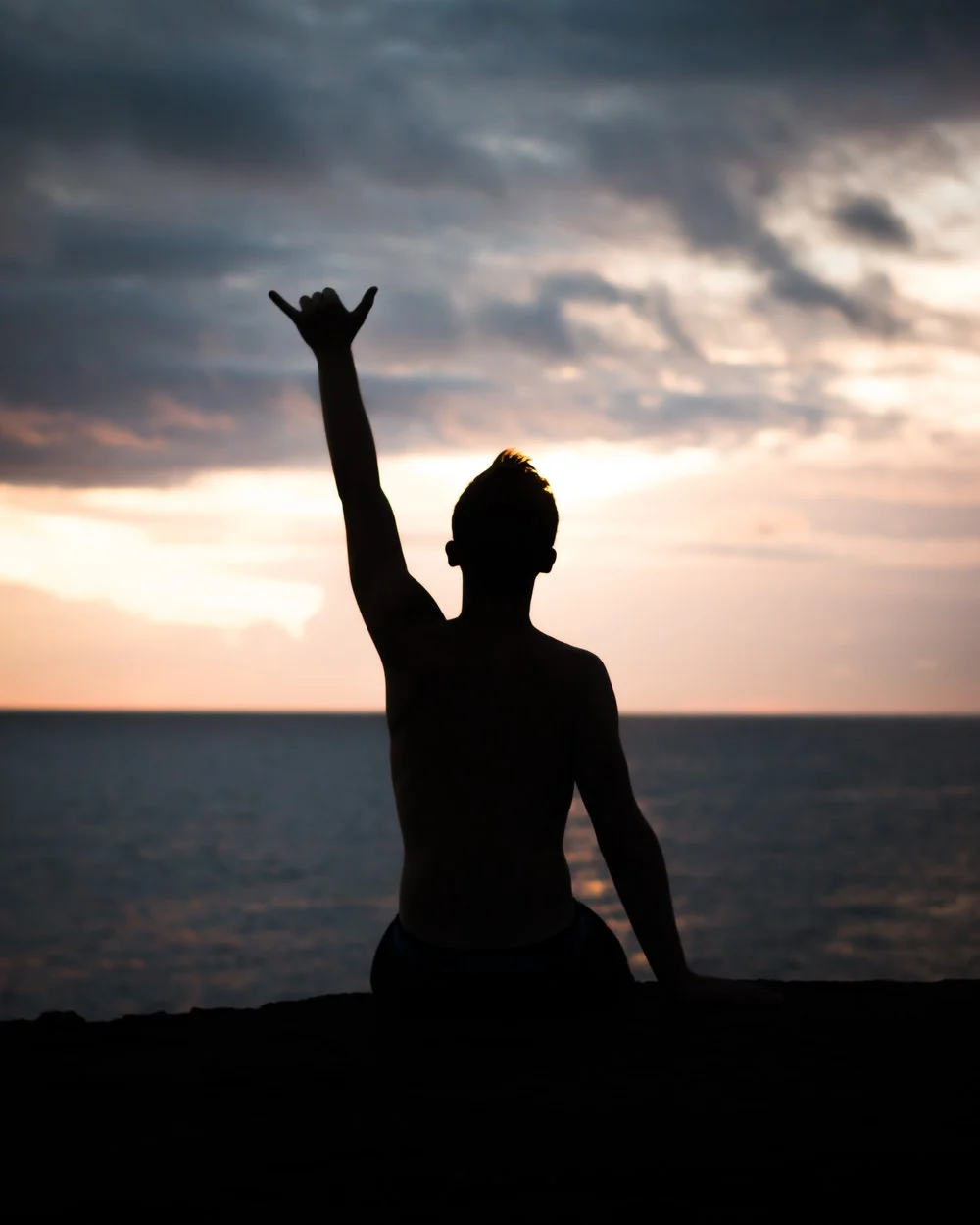Surf Culture's Continued Appropriation of the Shaka
In 2016, associate editor of The Inertia, Dylan Heyden, wrote an article titled, “Is the World Famous Shaka A Form of Cultural Appropriation?” He begins by asking another question, perhaps more to the point then he realizes: “What is my culture?” As a cis white male from Southern California, Heyden seemed to have been on the right track. It is crucial for white people to interrogate just what exactly is white culture. There was hope that through this questioning Heyden would incorporate an analysis of his positionality, privilege, and power in relation to cultural appropriation because cultural appropriation is inherently linked to Whiteness and how it functions.
But unfortunately, like many cis white males, he disappoints. Heyden meanders and devolves into describing “American” culture as a “smattering of different cultures.” This is a white-washed narrative that comforts white people. We like to think of America as a happy “smattering,” or “melting pot.” This allows us to erase the violence that white supremacy enacts upon Black, Indigenous, People of Color, or anyone who is not of the dominant culture. It is a convenient excuse for the way we take the aesthetics and language of Black culture, Pacific Islander culture, Indigenous cultures, etc., but without it being an equitable exchange. Describing this country like a “melting pot” trivializes how this country came to be through chattel slavery and indigenous genocide, as well as ignores how the dominant culture (White supremacy), continues to dehumanize immigrants by dismissing immigrant histories, experiences, and languages.
Whiteness was created as a way to develop a constructed racial, economic, and social hierarchy. Those of us who are white-skinned traded our cultures of origin in an effort to achieve whiteness — a construct that offers tangible benefits with those who are white-skinned or in proximity to whiteness, as well as creates a culture of anxiety around this impossibility. (To achieve whiteness is impossible, but we strive for it and benefit from it no less). Cultural appropriation occurs because white people created a void in our bodies and spirits when we stripped ourselves from our original cultures for whiteness — for power. Today, we continue to steal aspects of Black, Indigenous, Asian, Pacific Islander, cultures and many others. We feel entitled to cultural elements and symbols like the Shaka and we justify and rationalize this by making flimsy arguments like America is a “melting pot.”
Heyden inaccurately defines cultural appropriation as “taking an element of another culture and passing it off as your own.” There are key nuances missing from his interpretation. Cultural appropriation happens specifically when the dominant culture (in our country White europeans), takes aspects of a non-dominant culture completely out of context and uses these symbols for their own benefit. There is no exchange or mutual benefit when this happens. It is a demonstration of an imbalance of power that still exists between the colonizers and the colonized.
Though Heyden acknowledges, “...yes, the shaka is a form of cultural appropriation, but only insofar as the majority that display their thumb and pinky finger (myself included, until recently) probably have no idea where it comes from,” he quickly excuses it by suggesting appropriation is not okay if you aren’t aware of the origins of the symbol you are using. Following his logic then, Heyden thinks it’s okay to culturally appropriate as long as you know the origins of the thing that you are stealing. He even references Dr. Isaiah Walker, a history professor at BYU who specializes in Hawaiian and Polynesian history who confirms that, “California surf culture has historically been at the forefront of appropriating Hawaiian culture in the post-war period -- from aloha shirts, to ukuleles, grass shacks, surf kahunas, tiki charms, and more.” But this doesn’t stop Heyden.
Heyden, like many a surf bros, want to have their cake and eat it too. It is not enough that White privilege allows us to have access to oceans and lands all over the world. He also wants to keep using the Shaka that in his words is, “like a symbol that you’re a card carrying member of surfdom, have some connection to Hawaii (maybe as surface-level as having visited once), or saw someone do it and thought it was cool.” He continues to rationalize his gross desire to keep this symbol that does not belong to him by explaining that just because it doesn’t belong to White people doesn’t mean we should “put the kibosh on the shaka…” His “salient argument” is that awareness is enough. And not only that, but Heyden believes it’s just simply impractical to stop the Shaka from being used because… “Surfing and throwing a Shaka have come too far.”
This is how white people excuse all kinds of violence we enact. When police continue to brutalize and murder Black people and there are calls to abolish the police, white people create rationalizations like “that’s just the way things are.” The lack of acknowledgement of harm in cultural appropriation, and the lack of compassion and humility in Heyden’s fragile justifications, provide a predictable script as to how whiteness insulates and protects itself.
What started off as an important interrogation of identity with the question, “What is my culture?” resulted in a lazy and violent justification for the continued abuse of the Shaka by white culture. When White people consider if their actions are appropriative, it is important for us to not center our own selfish, and ultimately, harmful and violent desires. We really need to examine this question of what is our culture? Because the bargain that our settler ancestors made, which has been passed down to us intergenerationally, is that in order to be considered “white” we had to trade our cultures of origin for the culture of White supremacist patriarchy - a culture of entitlement, force, and domination. Healing from this bargain means first being accountable to the harm we are perpetuating and the peoples, cultures, and histories we are actively erasing. We must seek integrity instead of desperately seeking to fill the void that the commitment to Whiteness creates within us.
My knowledge of the bargain of Whiteness comes from the teachings of Kenya Budd, an equity and inclusion consultant in Portland, Oregon, Kalissa Scopes an anti-racist educator in Portland, Oregon, as well as the podcast Seeing White by John Biewan and Dr. Chenjerai Kumanyika.



